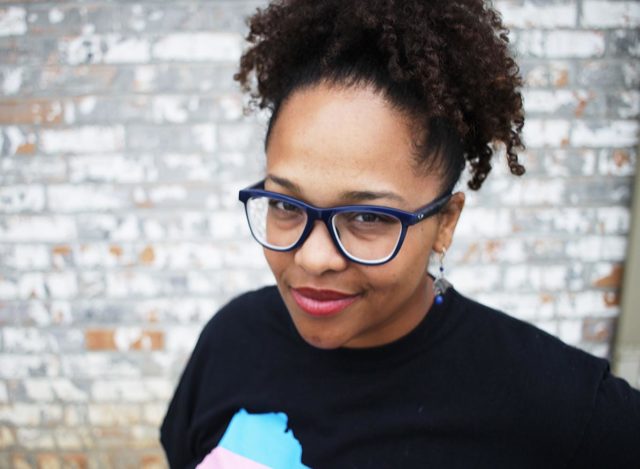We are a productivity-driven society. We are expected to generate specific outcomes and to advance determined or agreed-upon bodies of work. We commit ourselves to a rigorous and robust drive to the point of making burnout a well-established part of our culture. We identify as hard-working.
The question is: what do we consider to be “hard work” for our teachers and students during an international pandemic?
As Covid-19 reshapes our daily lives and threatens our health collectively, we must change what we ask of each other. The learning process can take many forms: planting trees or starting a garden; organizing a Google Hang-Out to learn the dance moves for the song, “The Box”; Facebook movie, music, and book reviews; calling to check on your neighbors; texting your friends that you miss them. Learning can be folding paper cranes and copying the recipes from MasterChef Junior. Learning can be picking up groceries for folks, getting outside to pick up litter, and other acts of service.
This is a time to demonstrate agility and understanding. We have an opportunity to support one another in all forms of learning. While our community schools continue to be a resource for families seeking compassionate and relevant enrichment, we recognize the work of the educators who are making these supports available to the public. We need to give our entire community permission to prioritize their own physical and mental health as well as to care for their families. There’s a lot we can learn from focusing on our shared humanity right now.
Last week, I committed to filming daily bedtime stories videos with my children #BlackExcellenceBookClub. It was a small step for me in changing the way I think about learning communities. As we continue social distancing and schools remain closed, our children will still be learning and growing every day.
Yesterday, my 5-year-old turned 6. It didn’t matter that her birthday party was canceled “Due to Covid-19.”. She is now 6 and, in her own child-like way, she knows how to talk about the Coronavirus, social distancing, and pandemics; all of these are learning experiences for her that she is navigating on a daily basis. She’s learned to FaceTime her friends and play dress-up remotely. By the end of this, she might even be able to independently conference call a small group of playdates or share home improvement YouTube tutorials with her extended family.
People will never forget how they were treated during this period of time. They will always remember the email they got from their employer the week their partner became gravely ill. They will never forget the assignments and grading they were expected to keep up with, while simultaneously parenting children at home. These are historic moments. This is our watershed moment. How do we wish to be defined years from now when people reflect on the way we approached this crisis?
In my opinion, it is our responsibility to seize this opportunity to be compassionate to and supportive of each other. We can still create spaces for this community to celebrate our love of learning that are rooted in treating each other well. But it is critical that our learning at this time be driven by something greater than fulfilling a requirement or standard. Let us embrace the importance of meaningful relationships moving forward and find joy in the fact that there is still so much to learn, my friends.
Class, as we know it, is dismissed.


































